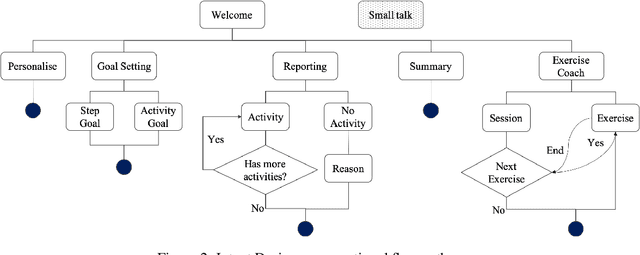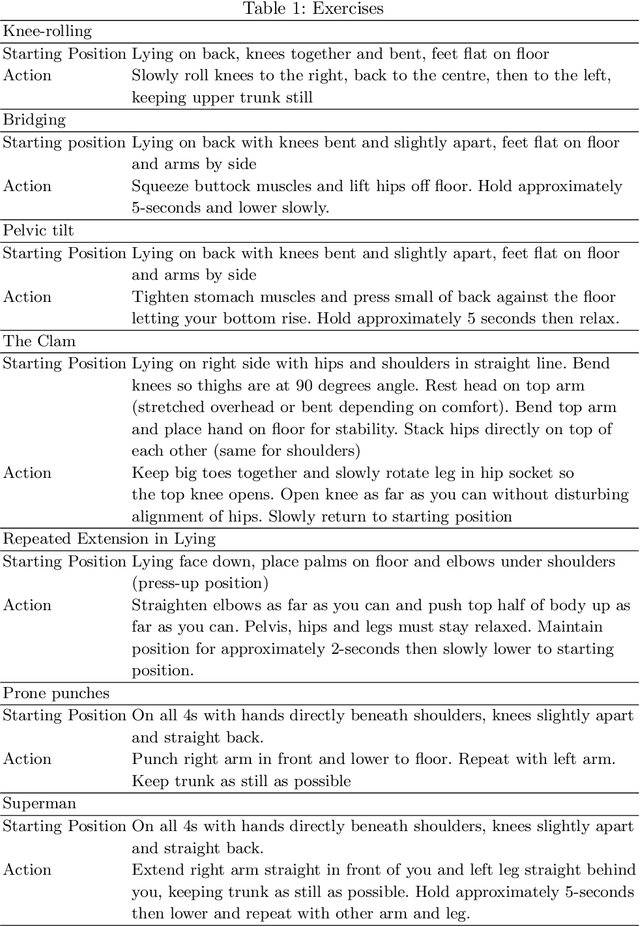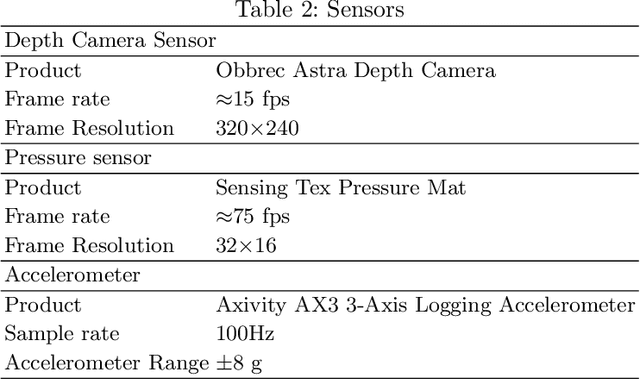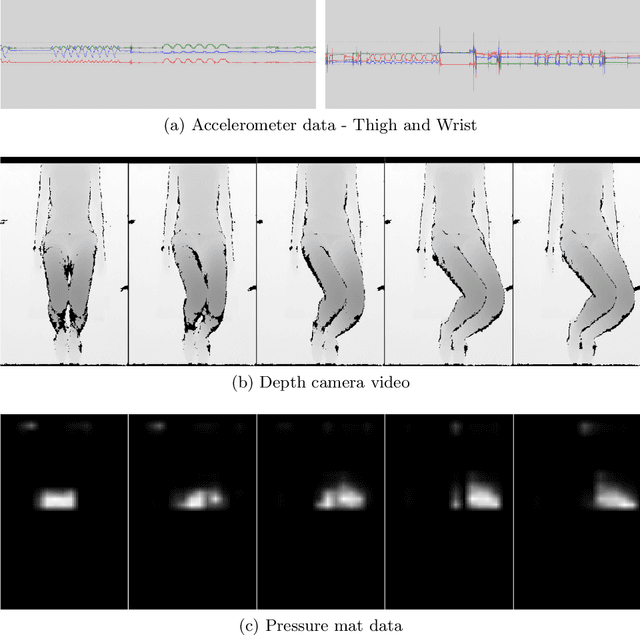Kay Cooper
FitChat: Conversational Artificial Intelligence Interventions for Encouraging Physical Activity in Older Adults
Apr 29, 2020



Abstract:Delivery of digital behaviour change interventions which encourage physical activity has been tried in many forms. Most often interventions are delivered as text notifications, but these do not promote interaction. Advances in conversational AI have improved natural language understanding and generation, allowing AI chatbots to provide an engaging experience with the user. For this reason, chatbots have recently been seen in healthcare delivering digital interventions through free text or choice selection. In this work, we explore the use of voice-based AI chatbots as a novel mode of intervention delivery, specifically targeting older adults to encourage physical activity. We co-created "FitChat", an AI chatbot, with older adults and we evaluate the first prototype using Think Aloud Sessions. Our thematic evaluation suggests that older adults prefer voice-based chat over text notifications or free text entry and that voice is a powerful mode for encouraging motivation.
MEx: Multi-modal Exercises Dataset for Human Activity Recognition
Aug 13, 2019



Abstract:MEx: Multi-modal Exercises Dataset is a multi-sensor, multi-modal dataset, implemented to benchmark Human Activity Recognition(HAR) and Multi-modal Fusion algorithms. Collection of this dataset was inspired by the need for recognising and evaluating quality of exercise performance to support patients with Musculoskeletal Disorders(MSD). We select 7 exercises regularly recommended for MSD patients by physiotherapists and collected data with four sensors a pressure mat, a depth camera and two accelerometers. The dataset contains three data modalities; numerical time-series data, video data and pressure sensor data posing interesting research challenges when reasoning for HAR and Exercise Quality Assessment. This paper presents our evaluation of the dataset on number of standard classification algorithms for the HAR task by comparing different feature representation algorithms for each sensor. These results set a reference performance for each individual sensor that expose their strengths and weaknesses for the future tasks. In addition we visualise pressure mat data to explore the potential of the sensor to capture exercise performance quality. With the recent advancement in multi-modal fusion, we also believe MEx is a suitable dataset to benchmark not only HAR algorithms, but also fusion algorithms of heterogeneous data types in multiple application domains.
 Add to Chrome
Add to Chrome Add to Firefox
Add to Firefox Add to Edge
Add to Edge